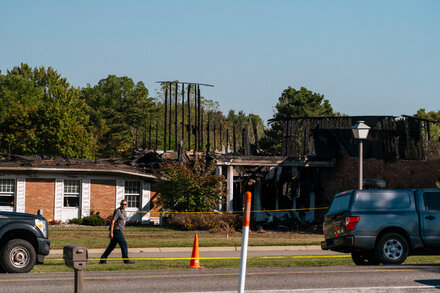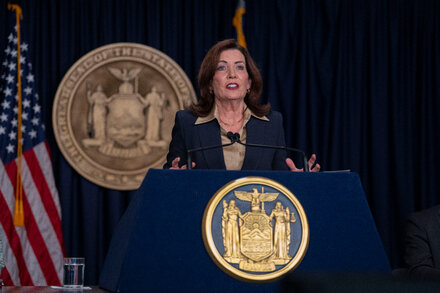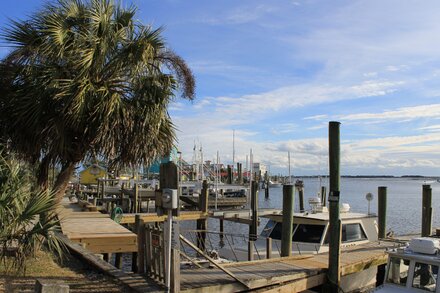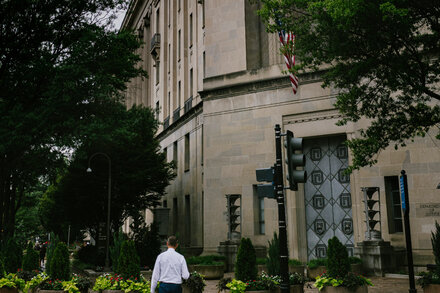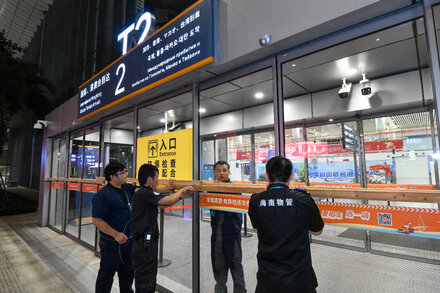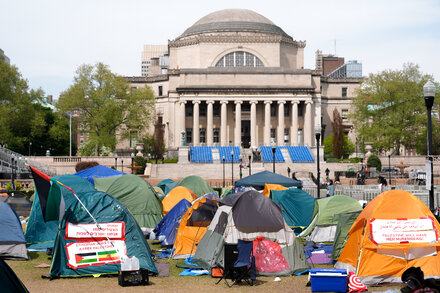
Athens, Greece – Academic freedom, a cornerstone of intellectual inquiry and democratic societies, is facing unprecedented challenges globally, according to experts gathered at the annual Democracy Forum in Athens. Discussions at the forum highlighted a growing trend of governmental interference, political pressure, and societal shifts that are increasingly curtailing the ability of scholars to research, teach, and express their views without fear of reprisal.
The consensus among participants was that these threats are not confined to authoritarian regimes but are also emerging in established democracies, often manifesting through subtle yet effective means of control. Key concerns raised included legislative measures restricting curriculum content, budget cuts linked to ideological compliance, and the weaponization of social media against academics whose work or opinions are deemed controversial.
Global Trends and Regional Challenges
Panelists from various continents presented case studies illustrating the erosion of academic autonomy. In some nations, direct government intervention has led to the dismissal of faculty, the closure of departments, or the outright suppression of research deemed critical of state policies. Elsewhere, particularly in more democratic contexts, the pressure often comes from political groups, donors, or even internal university factions, leading to a chilling effect and increased self-censorship among scholars.
“What we are witnessing is a systemic chipping away at the foundations of independent thought,” stated Dr. Aliyah Rahman, a human rights advocate and speaker at the forum. “It’s not always a dramatic crackdown; sometimes it’s the slow tightening of the purse strings, the quiet defunding of programs, or the public vilification of individuals that forces academics to self-censor. This is a crisis for knowledge production and, ultimately, for a society’s ability to critically examine itself.”
The forum pointed to the heightened scrutiny on issues related to history, social justice, and political economy, where academic perspectives often clash with dominant narratives or political agendas. The digital age has also added a new layer of complexity, with online campaigns often targeting academics, leading to harassment and professional repercussions.
Implications for Democracy and Innovation
Experts emphasized that the assault on academic freedom extends beyond the individual scholar, impacting the quality of education, the integrity of research, and the health of democratic discourse. Universities are vital spaces for exploring complex ideas, fostering critical thinking, and generating innovations that benefit society. When these spaces are compromised, the capacity for societal progress diminishes.
“Universities are not just places of learning; they are crucibles for new ideas and inconvenient truths,” remarked Professor Lars Erikson, a leading political scientist present at the discussions. “When freedom of speech is stifled within these institutions, it’s not just academics who suffer; it’s the public that is deprived of robust debate, independent analysis, and the diverse perspectives essential for an informed citizenry. We cannot solve complex global problems if we silence the very minds tasked with understanding them.”
The forum concluded with a call to action for governments, academic institutions, and civil society organizations to actively defend and promote academic freedom as a fundamental human right and a prerequisite for open, democratic societies. Participants stressed the need for international solidarity and robust legal frameworks to protect scholars and ensure that universities remain bastions of free inquiry and critical thought in an increasingly challenging global landscape.
Source: Read the original article here.

